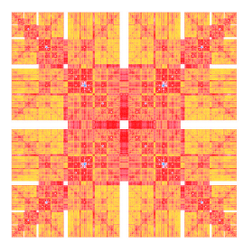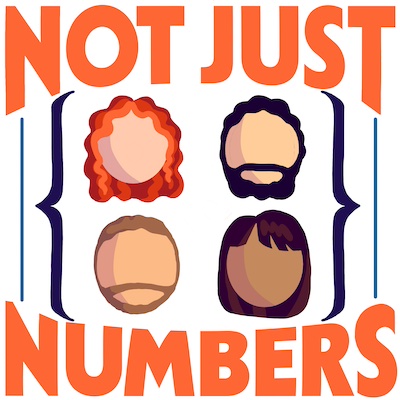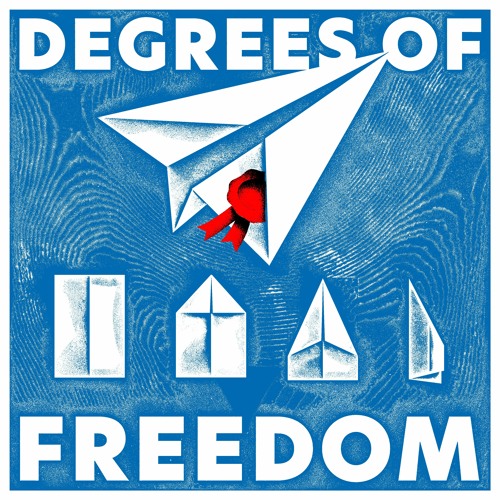Material from Hamiltonian Mechanics 2021
During the current incarnation of the course in Hamiltonian Mechanics I have collected some amount of material to share with the students. To avoid losing it in the guts of our teaching CMS, I leave it here for posterity, practically copy-pasting it without edits because I am really tired :D
The books on SpringerLinks linked below are accessible from our students for free via the university proxy but in general (unfortunately) not open access.
# Additional material (also linked in the lecture notes):
As reference for hamiltonian mechanics you can use Knauf, A. (2018) Mathematical Physics: Classical Mechanics
Two other famous and very good books on classical mechanics are Arnold, V.I. (1989) Mathematical Methods of Classical Mechanics, Second Edition, Springer, and Marsden, A, Ratiu, T (1998) Introduction to Mechanics and Symmetry, Second Edition, Springer. Finally, F. Zadra recommended me Fasano, Marmi (2006) Analytical mechanics, Oxford University Press, directly accessible from one of the authors’ website, which also seems very nice.
For a review of differential geometry, you can refer to Lee, J.M. (2012) Introduction to smooth manifolds or to my Analysis on Manifolds lecture notes. A concise summary can be also found in:
- Knauf, appendices A and B
- Cannas da Silva (see bullet below) appendices A and B,
- Marsden-Ratiu, Chapter 4,
- and in the extra material elencated in the next section below.
A wonderful text on symplectic geometry is Cannas da Silva, A. (2006) Lectures on Symplectic Geometry.
Finally, two interesting resources on the KAM theorem are Poschel’s article and Broer’s one.
# Extra material on similar topics
Some courses that touch on similar concepts, often from different point of views:
- Lecture Notes: Classical Mechanics of Transport, part of 4 extremely interesting mini-courses for a recent conference at the Lorentz Center in Leiden (NL)
- Video course: Lectures on the Geometry of Theoretical Physics by Schiller
- Video course: Modern Physics: Classical Mechanics by Susskind (part of his big program: The Theoretical Minimum)
- Book (open access): Sussman and Wisdom, Structure and interpretation of classical mechanics. Its objective is to make everything explicitly computable at each point which means it can treat a different part of the material but from a unique perspective, very fun and informative!
- Article: Demistifying gauge symmetries (physics oriented)
- Slides and notes: Hidden symmetries of the hydrogen atom.
- Some simulations: mseri/teachingplayground
- Bicycle track problem: On bicycle tire tracks geometry, hatchetplanimeter, Menzin’s conjecture and oscillation of unicycle tracks andTire tracks and integrable curve evolution
- Lecture notes: Introduction to integrabilty (and problems)
- Lecture notes: Perturbation theory in cestial mechanics
- Simulation: Rolling disk (and other rolling rigid bodies) – not reallyuseful to solve the exercise but nice to watch :D
- Paper: The rotor and the pendulum, on the general link between rigid body motion and the pendulum
- Lecture notes: Introduction to Mechanics by Marsden and Lectures on Machsnics by the same author
- Video lecture on differential forms (part of a very nice course on discrete differential geometry)
- Paper Spherical Pendulum, Action and Spin and Hamiltonian Monodromy and Morse Theory
- Video course on asymptotics and perturbation methods by Strogatz
- Very informative video: Steven Strogatz: ask me anything
- Shameless AD: Micro Lectures on sub-Riemannian Geometry Part 1 and Part 2, complemented by this talk on sub-Riemannian billiards
- Interactive demonstrations on the stationary action principle by Cleon Teunissen, and there are plenty more if you navigate through the site
# Further material for the projects and extra lectures
In addition to the material added above (lots of it is not open access unfortunately).
- Mark Levi, Classical Mechanics With Calculus of Variations and Optimal Control: An Intuitive Introduction.
- Goldstein, Poole, and Safko, Classical Mechanics, 3rd edition.
- Arnol’d, Kozlov, and Neishtadt, Mathematical Aspects of Classical and Celestial Mechanics.
- Agrachev, Barilari, Boscain, A Comprehensive Introduction to sub-Riemannian Geometry
- Lowenstein, Essentials of Hamiltonian Dynamics.
- Contact mechanics: arXiv:1604.08266 and arXiv:1909.02613
- Ott, Chaos in Dynamical systems
- R. Montgomery, Gauge theory of the falling cat and its relations to the n-body problem
- Sachkov, Introduction to geometric control
- Teschl, Ordinary Differential Equations and Dynamical Systems. Make sure to check out also his book on quantum mechanics.
Source: Wikimedia.
# Meeting (virtually) with your peers
To meet with your peers you can use, for example, the free and open solutions Jitsi meet and Jami. For small groups you could also setup a Gather Town or a Wonder room.
For mathematics, it is enormously useful to be able to share computations and drawings. To this end you may use your webcams, mobile phones as webcams (there are plenty of good free apps for that), tablets with collaborative whiteboards, …
If you want to do fancy stuff with change of scenes and interactive polls, like the one done by 3blue1brown with itempool, you can spend some time playing with OBS Studio.
For what concerns collaborative whiteboards I have tried the following, and they all seem to work fine (each has its pros and cons, so I list them all): microsoft whiteboard, google, ziteboard, whiteboard and Explain Everything.
For editing mathematics online collaboratively I usually use latex and the overleaf online editor or HackMD. I don’t know if it is collaborative, but I have many colleagues that praised Mathcha, and I also recently heard of Math Whiteboard, which is both free and collaborative.


